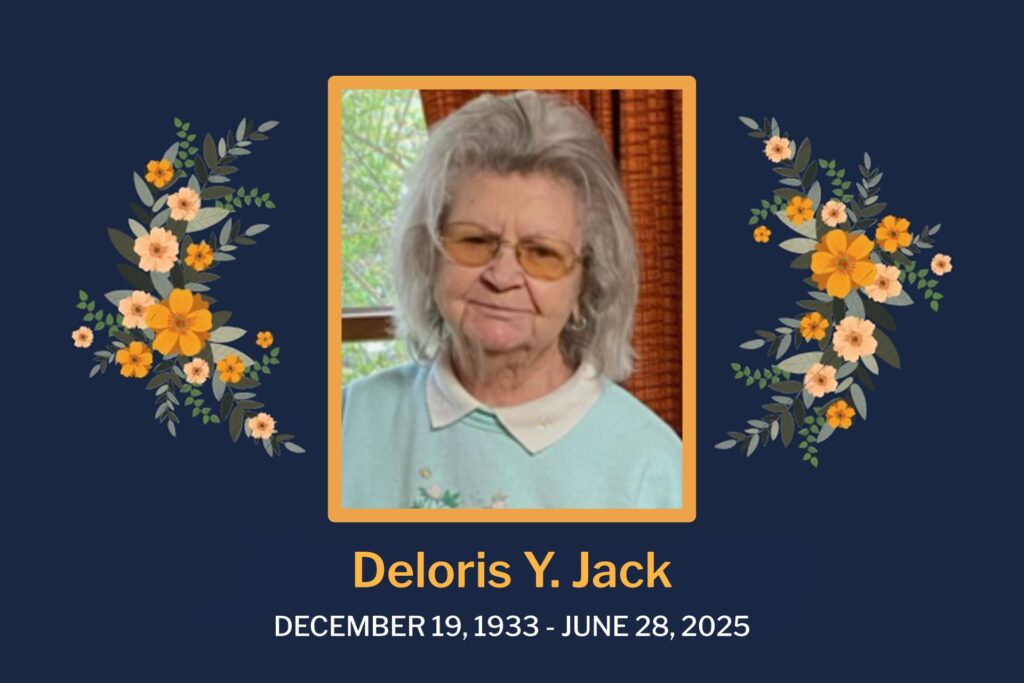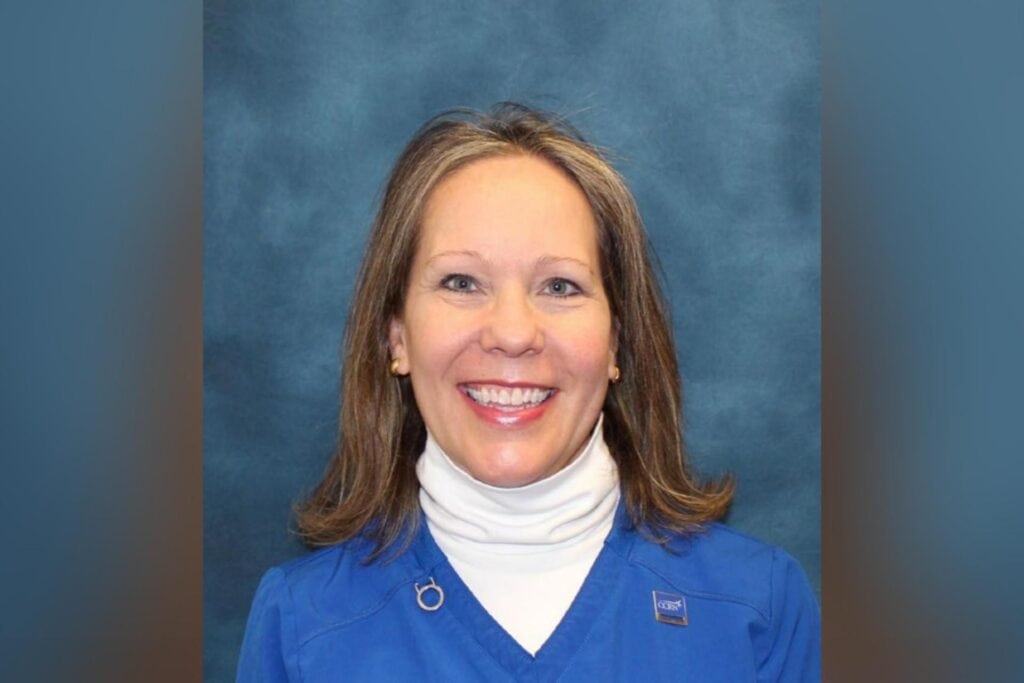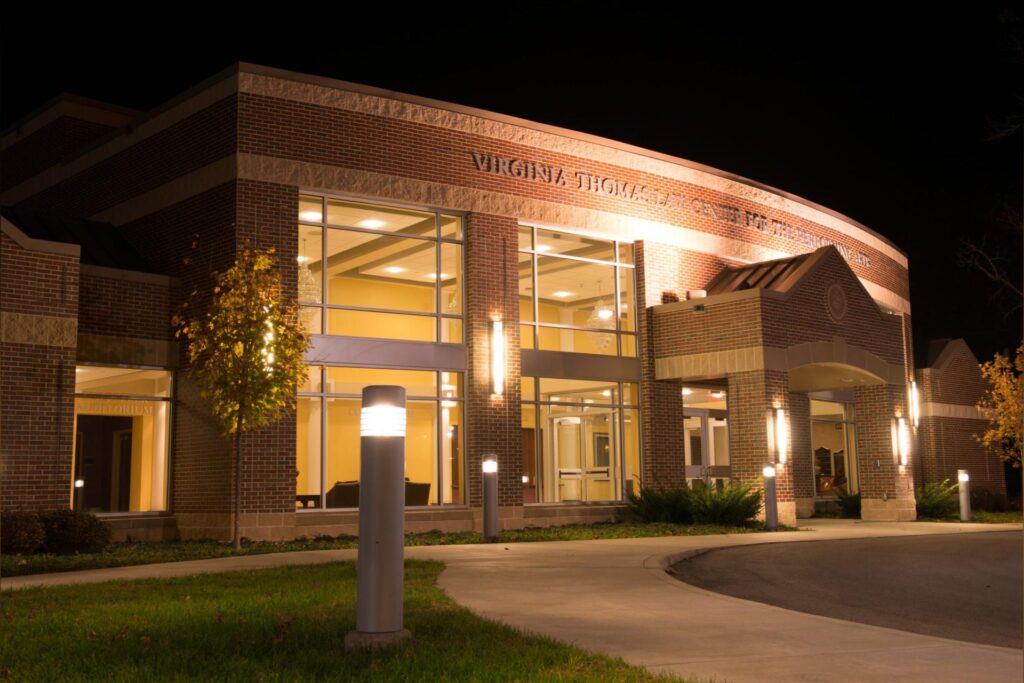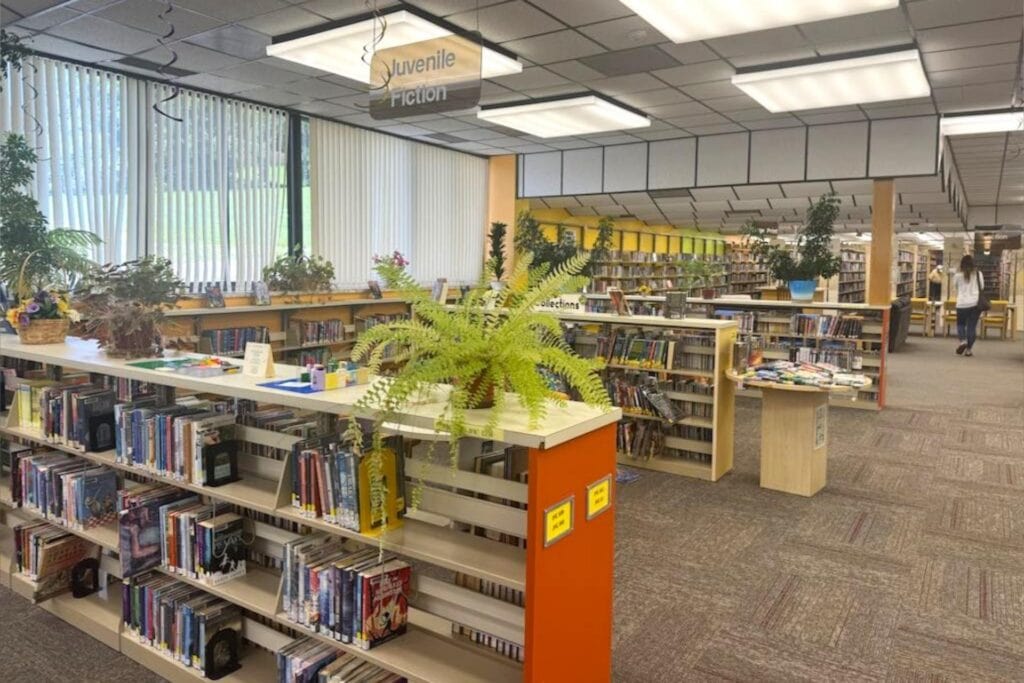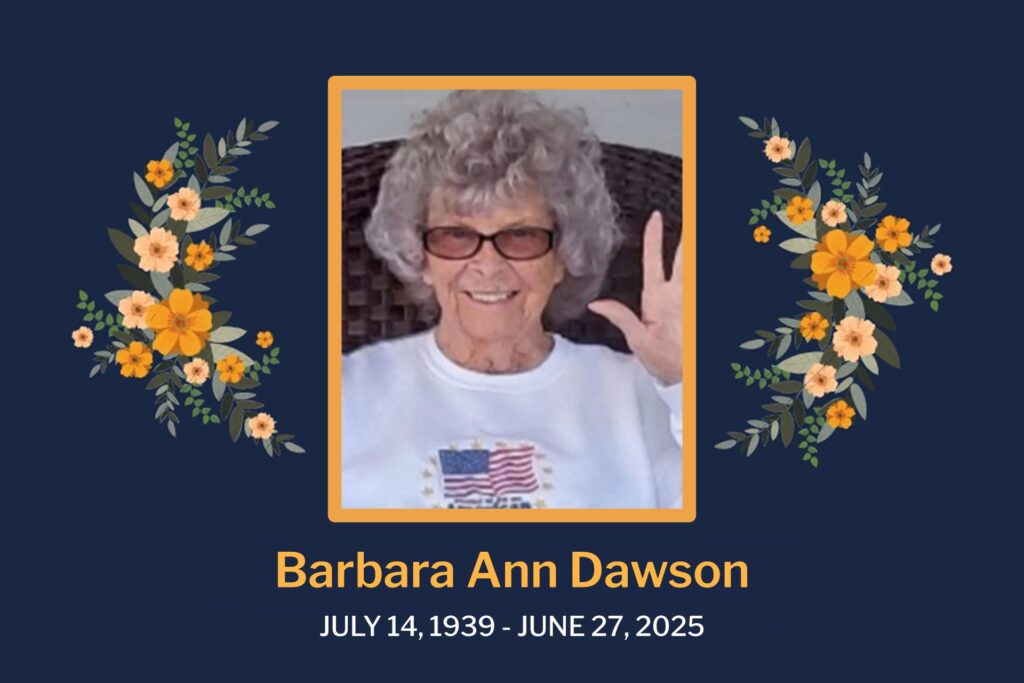CHARLESTON – The West Virginia Department of Health and Human Resources (DHHR), Bureau for Public Health’s (BPH) Office of Environmental Health Services is working with the Clarksburg Water System to identify older homes with lead service lines that may contain elevated lead levels in drinking water. Lead lines were phased out in the 1950s and it would be unlikely but possible that houses built after 1960 could have lead lines. Homes that are newer or do not have lead service lines will not be impacted by this study.
Confirmatory sampling in several homes is above the Environmental Protection Agency’s action level. Once the study is concluded, the Clarksburg Water System will implement a corrective action plan that will include additional sampling, increase frequency of monitoring, and installation of a corrosion control system.
“The issue was first identified by staff in BPH’s Childhood Lead Poisoning Prevention Program during environmental lead assessments that were conducted in the homes of children diagnosed with elevated blood lead levels,” said Dr. Ayne Amjad, State Health Officer and Commissioner of DHHR’s Bureau for Public Health. “Parents of children younger than 6 years of age who are living in older homes serviced by the Clarksburg Water System should discuss the risk of lead exposure with their child’s pediatrician to determine if precautionary blood lead testing is needed.”
Customers in older structures with possible lead service lines should flush their lines for at least three full minutes before using the water for brushing teeth or for consumption.
Questions about water quality and the risk for lead exposure in the water should be directed to the Clarksburg Water System Chief Water Operator, Bob Davis, at 304-624-5467, extension 121.








